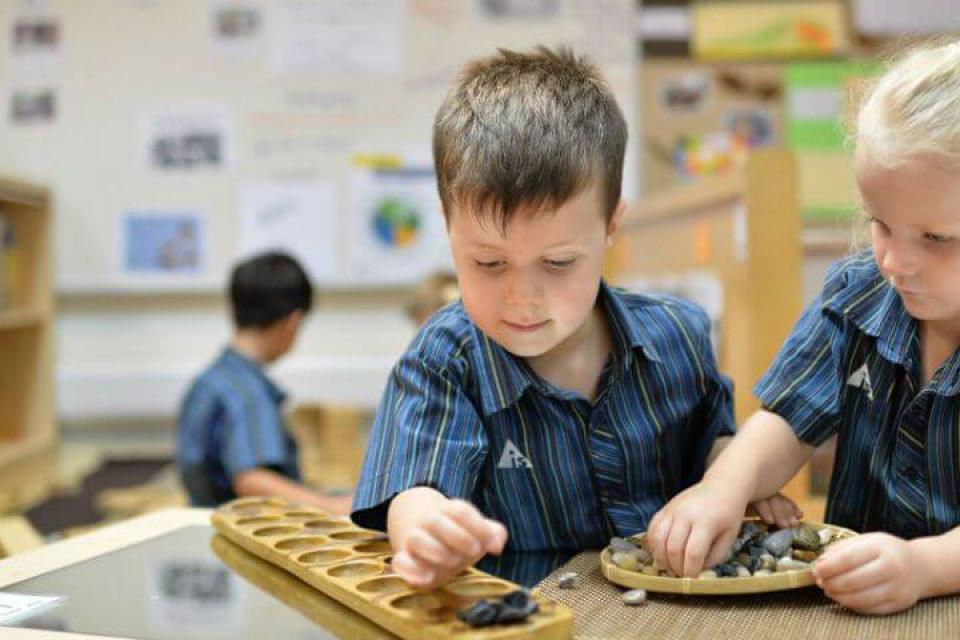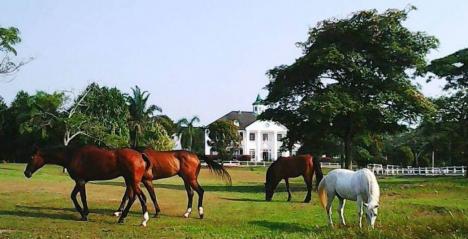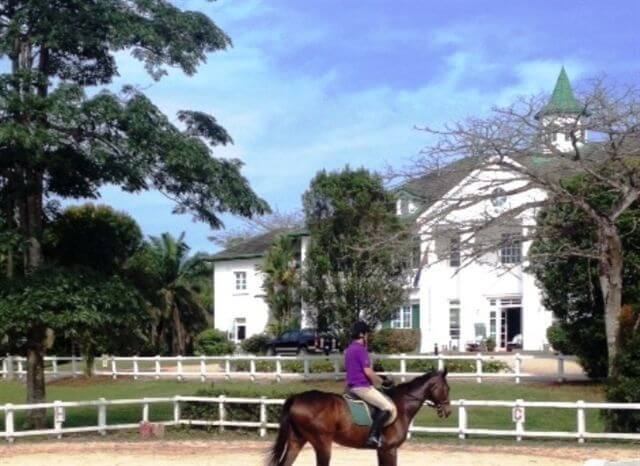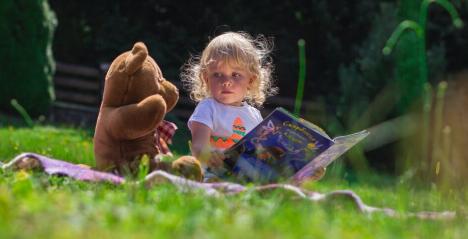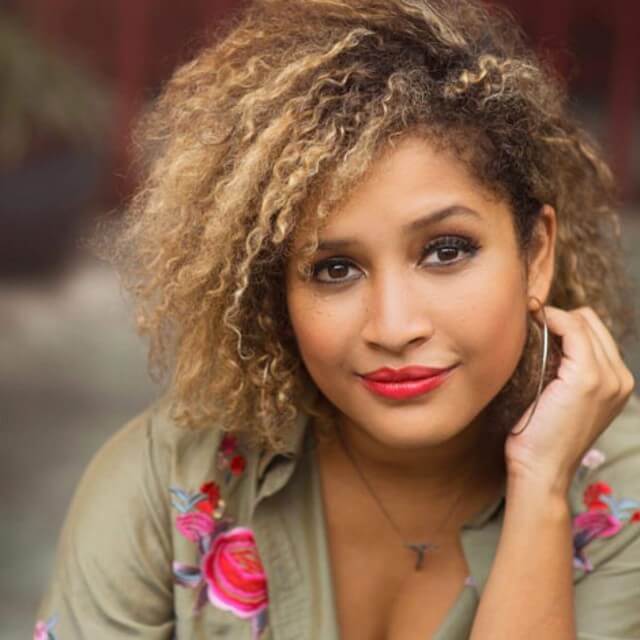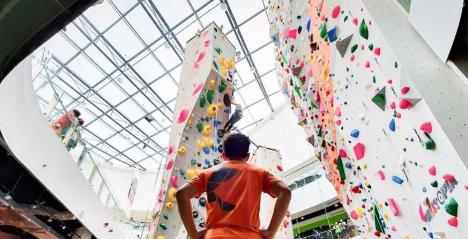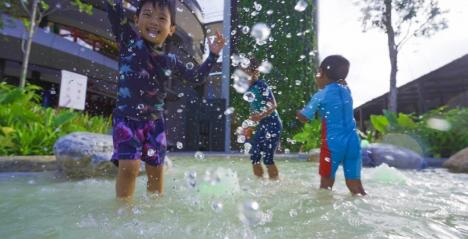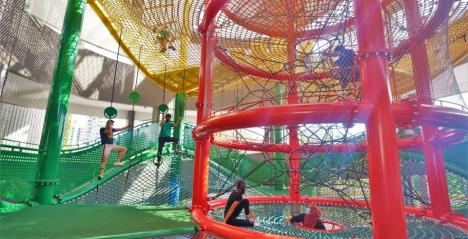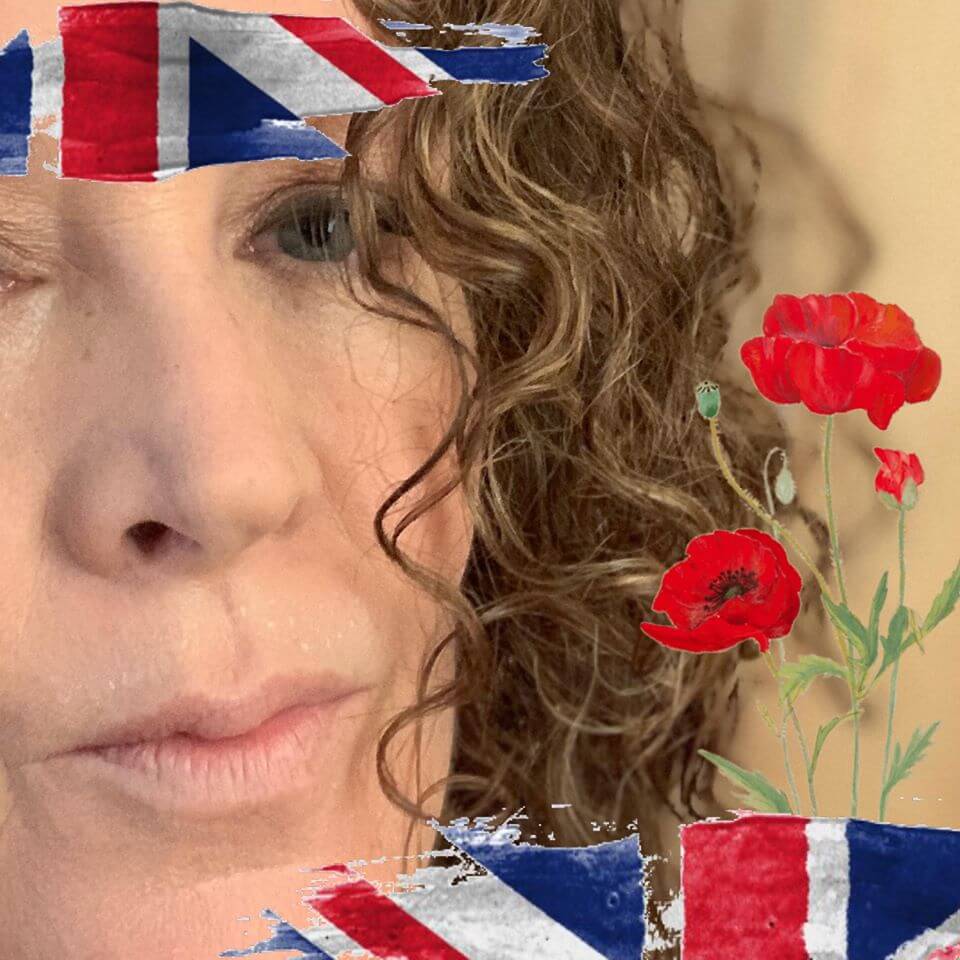When it comes to maths, children need to understand not just know. Which is why the Australian International School (AIS) places such an emphasis on maths through play.
As a parent, you know that when your child is playing, they are also learning. Play is an important way for children to explore and understand more about the world around them. It’s how they practice and make sense of new experiences.
Play also fulfills an important role in learning specific academic skills like maths. As a Reggio Emilia inspired school, Australian International School is committed to the learning possibilities in play. We call it environmental math and it’s a key pillar in our curriculum.
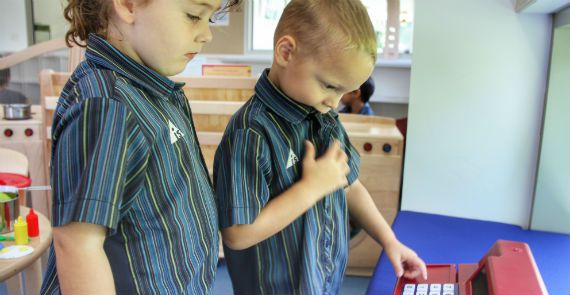
Reggio Emilia inspires our purpose-built campus
Maths is everywhere and opportunities to learn can be found in unexpected places. Take a moment to watch your child at play. Whether it’s block play, water play, the number of portions or spoonful’s at meal time, walking upstairs, counting buttons on a shirt, there are many moments when children can and do learn math basics.
At Australian International School we believe an environment that provides more opportunities to learn like this will deliver better learning outcomes.
Our brand new Early Learning Campus has been built with exactly this environmental learning in mind. The purpose-built campus is designed to create learning moments at every turn. With the support and direction of our Reggio Emilia trained staff, the beautifully designed learning spaces will guide each child’s exploration of the world around them.
The inquiry-based approach of the IB Primary Years Programme is introduced from 3 years old, igniting curiosity and providing a solid foundation for success in Elementary School.
It’s maths but not by the book
At Australian International School we already incorporate the principle of environmental math in our day-to-day teaching.
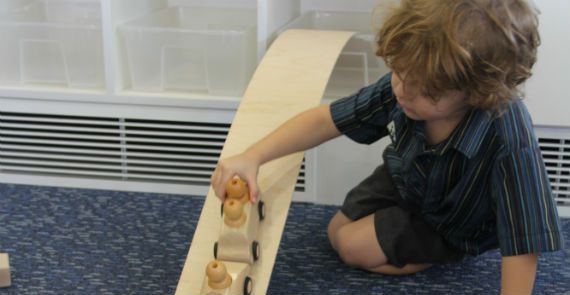
Learning through invention
In the Wombat class, for 3-4 year old’s, the children have created a STEM corner where they plan, design and create machines. Their teacher systematically adds more materials to the area so the children can develop and enhance their 3D models. The opportunity to work with different materials allows the children to explore shapes and different dimensions. By leveraging an existing interest (inventing and building) the teacher creates math-learning opportunities in relation to space, dimensions and geometry.
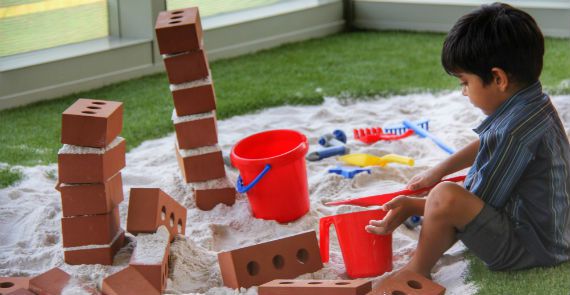
Water and sand play
Water and sand play supports math thinking and learning beyond counting and measuring. It helps children learn about cause and effect and object permanence.
The Platypus class, for 2 year old’s, finds and hides objects in the sand. They soon learn that even though they can’t see an object, it’s still there. Similarly, when the children play with water and fill different shaped objects they discover the concept of volume. And when they add too much water, their feet get wet!
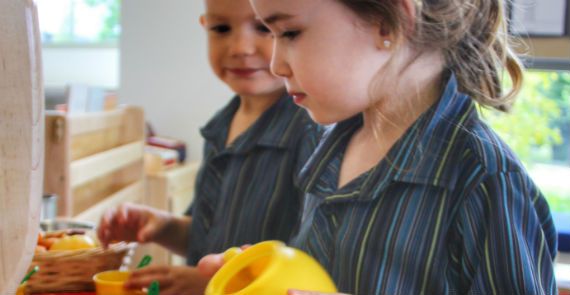
Building blocks of learning
The Echidna class, for 4 year old’s, regularly plays with Outlast blocks, a system of interlocking wooden blocks and planks. They build towers and ramps. Roads and bridges. They learn about problem solving, force, momentum, estimation, collaboration and simple structural principles.
Of course, during all this play the children think they are just having fun. But you know they’re learning all the time.
To find out more about how play enhances learning in Early Years at the Australian International School or to arrange a private tour, contact our Admissions team on +65 6653 7906 or visit www.ais.com.sg

